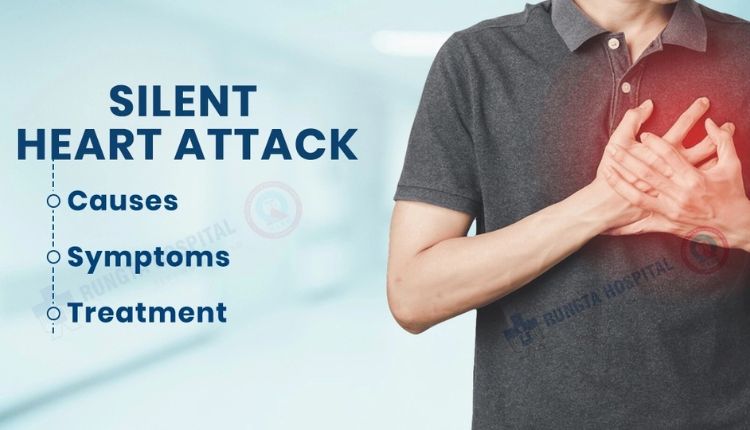Brugada syndrome is a rare but potentially fatal heart condition that often goes unnoticed until it’s too late. Affecting the heart’s electrical system, this disorder can lead to sudden cardiac arrest, even in seemingly healthy individuals. With no obvious symptoms in many cases, it is a silent threat that deserves more attention. In Singapore, where heart disease remains one of the leading causes of death, recognising and addressing this syndrome could save lives.
What is Brugada Syndrome?
Brugada syndrome is a genetic disorder that affects the way electrical signals pass through the heart. It is linked to irregular heart rhythms, which can sometimes be fatal. The syndrome is often inherited, meaning that if one family member is diagnosed, others may be at risk. While many people with this condition show no symptoms, some may experience:
- Fainting spells (syncope)
- Heart palpitations
- Irregular heartbeat (arrhythmia)
- Sudden cardiac arrest, often during sleep
In a country like Singapore, where medical advancements are at the forefront, early detection through regular health screenings is key to preventing fatalities caused by Brugada syndrome. In a fast-paced urban environment, prioritising heart health is essential.
Who is at Risk?
Brugada syndrome primarily affects men more than women, and it often runs in families. If you have a direct relative who has been diagnosed with the syndrome, it is crucial to get screened. Other risk factors include:
- A history of unexplained fainting
- Sudden death in the family (especially in young individuals)
- Fever-related arrhythmias
- Specific medications that can trigger symptoms
In places like Bukit Timah and Tampines, where residents lead busy lives, stress and other lifestyle factors could exacerbate heart-related risks. While lifestyle itself doesn’t cause Brugada syndrome, it can contribute to complications if the condition is undiagnosed. Awareness of potential warning signs can make a significant difference.
Diagnosis and Detection
Detecting Brugada syndrome requires specialised testing. Since it does not always show up on a standard ECG (electrocardiogram), additional tests such as the following may be needed:
- Drug challenge test – Certain medications are administered to reveal hidden signs of the syndrome on an ECG.
- Genetic testing – This can help identify mutations linked to Brugada syndrome, especially in families with a history of sudden cardiac deaths.
- Electrophysiology (EP) study – A procedure that assesses the electrical activity of the heart to determine the risk of arrhythmias.
Singapore’s National Heart Centre and other medical institutions offer these tests, and getting an early diagnosis could make a life-saving difference. Private cardiologists in areas such as Orchard Road and Novena also provide specialised screenings.
Treatment Options
There is no cure for Brugada syndrome, but treatment focuses on reducing the risk of sudden cardiac arrest. The main treatment options include:
- Implantable Cardioverter Defibrillator (ICD) – A small device implanted in the chest to monitor heart rhythm and deliver a shock if needed. This is the most effective treatment for high-risk patients.
- Medications – Certain drugs, such as quinidine, may help stabilise heart rhythms. These are usually prescribed for patients who are not candidates for an ICD.
- Lifestyle adjustments – Avoiding triggers such as excessive alcohol, fever, and certain medications can help manage the condition. Patients are also advised to be cautious with high-intensity physical activity.
Why Awareness Matters
According to the Singapore Heart Foundation, cardiovascular diseases, including sudden cardiac arrest, account for nearly one-third of all deaths in Singapore. The presence of Brugada syndrome within families often goes undetected until a tragedy occurs. Given the severity of its impact, public awareness and access to genetic screening can be life-saving.
Early detection and preventive measures can make all the difference. In recent years, Singapore has taken significant strides in promoting heart health, with public hospitals and private cardiology clinics offering more screening options. However, individuals must also take proactive steps in understanding their risks.
If you or a loved one have ever experienced fainting episodes or unexplained heart irregularities, it may be time to seek medical advice. Regular heart check-ups can help in the early detection of conditions like Brugada syndrome and prevent tragic, unexpected losses. Increased awareness, timely diagnosis, and appropriate management are the keys to reducing fatalities associated with Brugada syndrome.
